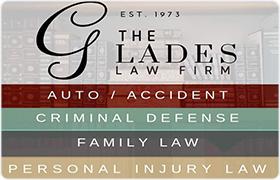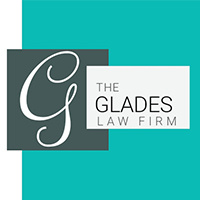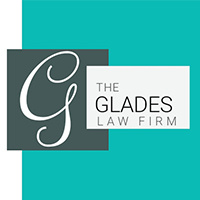Avilla Divorce & Family Law Lawyer, Missouri
Sponsored Law Firm
-
 x
x

Click For More Info:
-
The Glades Law Firm, P.C.
1120 SE Murphy Blvd Joplin, MO 64801» view mapDivorce & Family Law Determined. Experienced. Passionate.
Serving Southwest Missouri since 1973. Our experienced legal staff is dedicated to helping you with personal injury, criminal defense, and family law matters.
800-965-6971
John Cowherd
✓ VERIFIEDAccident & Injury, Workers' Compensation, Adoption, Car Accident
John grew up on a dairy farm in Barry County, Missouri, and was the 6th of 7 children (of the 7 children, 4 became lawyers). After graduating from Cas... (more)
Phillip Alan Glades
✓ VERIFIEDAccident & Injury, Divorce & Family Law, Criminal
Our experienced legal staff is dedicated to helping you with the following legal matters: Family Law Criminal Defense Personal Injury
FREE CONSULTATION
CONTACTDouglas Dean Miller
Power of Attorney, Traffic, Estate Planning, Adoption
Status: In Good Standing Licensed: 35 Years
Randee S. Stemmons
Estate Planning, Adoption, Elder Law, Car Accident, Traffic
Status: In Good Standing Licensed: 41 Years
Charles H. Lonardo
Foreclosure, Health Care Other, Divorce & Family Law, Juvenile Law, Bankruptcy & Debt
Status: In Good Standing
Bryan Preston Stevenson
Wills, Gift Taxation, Family Law, Bankruptcy, Elder Law
Status: In Good Standing
 Phillip A. Glades Joplin, MO
Phillip A. Glades Joplin, MO Practice AreasExpertise
Practice AreasExpertise


